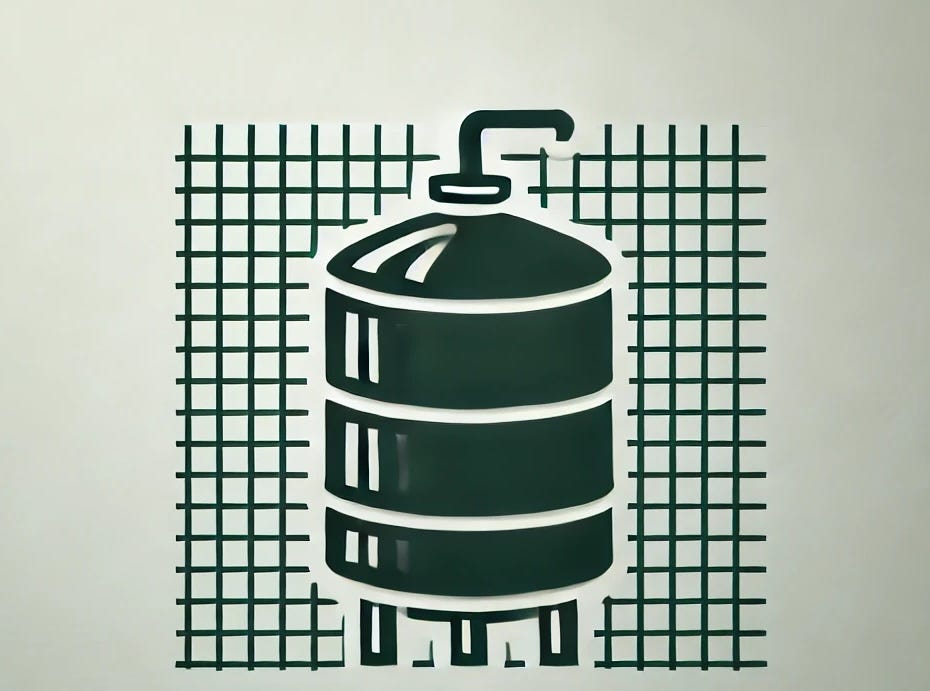I wrote a series of pieces on synthetic biology and biomanufacturing.
How scale-up is the biggest problem facing synthetic biology
A history at a series of catastrophic company failures in synthetic biology
The biggest products presently made using industrial biotech
The above pieces are a small output of the many hours of reading, work, and conversation I’ve undergone in the last year and a half, diving into this technology. This is a journey that, for me, now comes to an end.
While I’m still excited about biomanufacturing, my search for prospective software businesses has ended up being largely unfruitful. When I was just getting started, an ex-VC told me she didn’t think there was a sufficient market in industrial biology for software. I did my own sleuthing and spoke to people at startups, national labs, massive food processing companies, etc.. I think she’s right.
Guiltily, I’m leaving biomanufacturing behind for a while. In the meantime, I’m amassing resources. It’s clear that there’s a lot of problems to work on. I don’t think I’m properly equipped to take them on, and the timing doesn’t feel right. I’ll be back.
It would take much too long to publicly thank every person who’s provided invaluable insights on this journey but I’ll give special shoutouts to the incredible people at the ABPDU, General Biological, Synonym, Lumen Bioscience, and Biosphere. These companies are compelling, visionary projects.
And now some last takeaways:
American biomanufacturing seems to lag behind Asian and European efforts. Apparently they are just way better at it. Costs seem significantly lower overseas.
It doesn’t seem that any serious companies are doing cell culture in the academic classical model organisms E. coli or S. cerevisiae. There is instead a decent variety of different chassis organisms.
Commercialization is prohibitively expensive. Scale-up is too hard. Facilities are too expensive. No one seems especially bullish on one-size-fits-many solutions to manufacturing plant design. Manufacturing facilities are not built to culture a variety of cells but instead aim to nail down one process really efficiently.
Cost problems never seem to end. De-watering and downstream-processing costs are reportedly unsustainable even after you solve scale-up.
Every single person I spoke to seemed weary. Very weary. They wore the sort of affect that made them seem as if they were fighting dragons. It was grim.
People tend to know the history. Multiple bust cycles. I get a picture of an industry hopelessly dependent on high oil prices.
There are probably a number of viable synthetic biology businesses in the $100M magnitude range, but these are not venture-backable, and the capex is just way too high. Venture capital friends suggest that the former is a common problem across industries.



it was a great series of pieces and you now know more than 99% of people about this industry. There is massive opportunity here but value is hard to capture, hope you keep an eye on it !